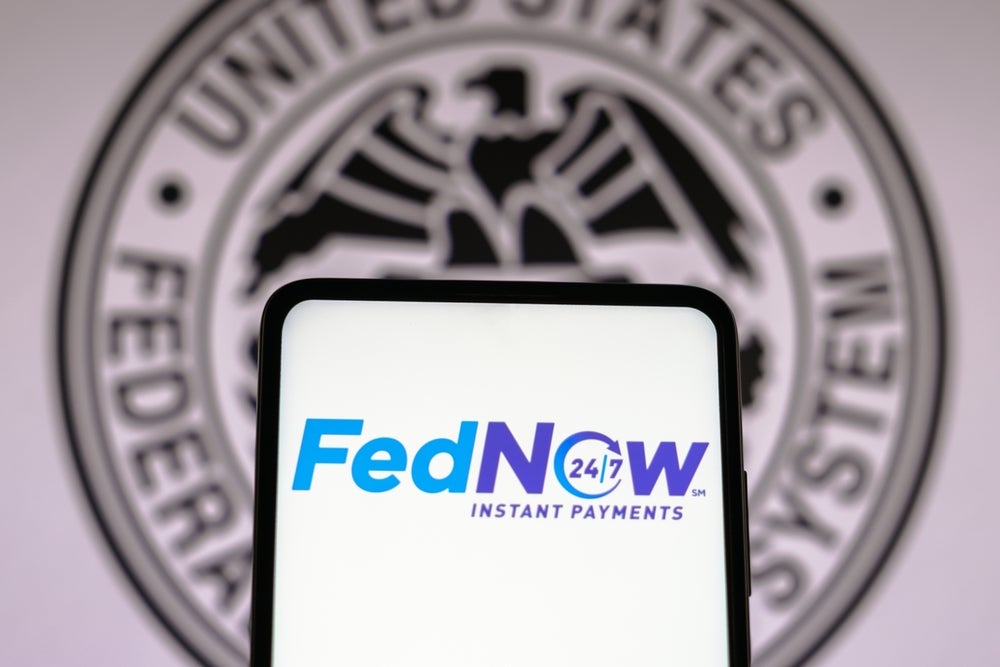
US banks are failing to meet demand for instant payments according to research released by payments modernisation vendor RedCompass Labs.
Its report, entitled “Time to leave legacy behind? Instant payments in the US”, reveals that nearly two thirds (63%) of US corporate bankers experience significant or overwhelming demand for instant payments from their corporate customers. Yet, at best, less than a third of US banks are signed up to RTP and FedNow. This means less than a third can offer instant payments as a service.
53% of all bankers said they feel either significant or overwhelming demand for adoption from both corporate and retail clients. Meantime, nearly all (99%) said they feel at least some level of demand or adoption from both sides.
The existence of Zelle, Venmo, Cash App, PayPal and other wallet services has dampened US banks’ appetite for implementing instant payments. Nearly all (98%) experienced some form of impact. Given these apps have a huge market share and offer near-instant payments already, many banks see Zelle as a ‘good enough’ instant payments solution.
Legacy systems are a big barrier to adoption. More than a third (34%) of US banks are concerned about updating their core infrastructure to handle the increased volume and speed of transactions. Other challenges include 24/7 availability (34%), cannibalising other revenue streams (32%), and choosing between RTP and FedNow (31%).
Time to leave legacy behind? Instant payments in the US: other key findings include
- Benefits of instant payments to corporates: the top three were payment certainty (53%), improved customer experience (48%) and working capital optimisation (47%)
- The financial and operational incentive for switching to instant payments: nearly all US banks surveyed (98%) plan on monetising their real-time payments service. Nearly nine in ten (87%) plan to pass costs to their corporate clients.
- Interoperability is a priority: Nine in ten (89%) US banks are considering real-time payment interoperability across schemes, cross border and other real-time payment options such as pay-to-card, wallets and cards.
- Growing awareness of ISO 20022: 91% of US banks were aware of ISO 20022, up from 28% in 2017.
US banks delay in adopting instant payments allows fintechs to grab market share
Tom Hewson, CEO at RedCompass Labs, said: “The US is taking sizable steps forward in instant payments. Adoption is growing steadily but has been slow compared to the rest of the world. Legacy systems are ill-equipped for 24/7 availability. Banks are conflicted with worries of lost card revenues and how they will manage, partner and compete with fintechs, never mind the choice between RTP and FedNow. It’s given banks plenty of reasons not to modernise.

US Tariffs are shifting - will you react or anticipate?
Don’t let policy changes catch you off guard. Stay proactive with real-time data and expert analysis.
By GlobalData“Many banks see Zelle as doing a good enough job, but Zelle only solves part of the instant payment puzzle. Corporate use cases – the biggest opportunity US banks – are being left on the table opening the door to first moves and fintechs to grab market share.
To compete globally, the US needs to adopt instant payments
“There is no going back. To compete globally, the US economy needs to adopt instant payments to accrue all the benefits of cash flow and reduced working capital for workers and businesses. Instant payments reduce company failures, and late payments. From keeping the lights on for gig workers, to insurance payouts, from treasury to making payroll. It is simple: to maintain the position of the world’s largest, most dynamic economy, the US cannot afford to be a laggard in payments.
“In India, Brazil, Asia and Europe, businesses and workers all have access to faster more flexible ways to move money. Banks that lead instant payments and overlay services will gather greater market share as US companies apply these tools to productivity and growth.”







